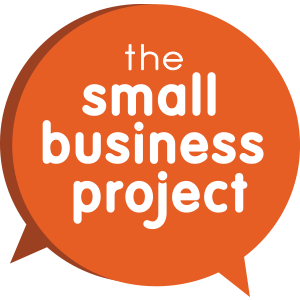In a recent video update from Distilled, a leading marketing agency and SEO, we learn about the strong link personal assistants have with SEO. The obvious link is there of course; one use for personal assistants is to ask a question and have them search the web. However, there is way more potential for these apps than simple search alone.
As Distilled explain, the main players in the intelligent personal assistant space include Apple’s Siri, Google Now, Amazon Echo, Microsoft Cortana, along with up-and-coming competitors Hound and Facebook M.

Rather than a search engine simply finding a list of possible answers to your questions, the huge potential for these apps is to anticipate your needs before you even need to ask. The advantage of Google and other big players is data. A certain amount of information can be ‘assumed’ based on demographics such as sex, age, location, occupation etc. but it takes more to really understand an individual (see our blog on retargeting for more on this.) What personal assistants like this are aiming to become is your ‘best friend’ so they truly know what you like and don’t like, what you want and when.
Google already offer advanced and personal search features – such as searching through your own private photos, your emails or appointments, and it’s likely that this will be a key part of personal assistants of the future. Google is known as a search engine, but think about their involvement in the Nest home device and driverless cars and the term ‘personal assistant’ seems more appropriate than ‘search engine.’
For marketers, this means focusing more on what makes you and your business unique. Rather than being a restaurant in Manchester, you may be a family-friendly, city centre, value for money Manchester restaurant that serves a great vegetarian range. This makes it easier for the searchers, or perhaps more importantly now the personal assistants, to provide the right answer first time, or at least ‘pre-filter’ results. And the more the personal assistants know about their user, the more they will be able to predict and pre-empt before the question is even asked.
The future of personal assistants is also more likely to see more problem solving. For example, you’re running late for a meeting at your office. Your personal assistant knows where your office is, it knows where you are, and it knows you have an appointment. Working this out and asking a simple yes or no question; “do you want to cancel the meeting?” or “do you want to email Tom to let him know you’ll be late?” is likely to become more commonplace. Another example this time from a Moz blog post entitled “Google Told Me I’m Pregnant” is that due to the rise in wearables and fitness and diet apps it’s possible that personal assistants like this could begin to predict illnesses, intolerances, or even that you may be pregnant!
In terms of SEO, it’s all about helping personal assistants understand what you are and what you do as a business wanting to be found. That’s the same rule for any part of SEO really, but it’s the detail and the USPs that are important when it comes to the future of personal assistants.
